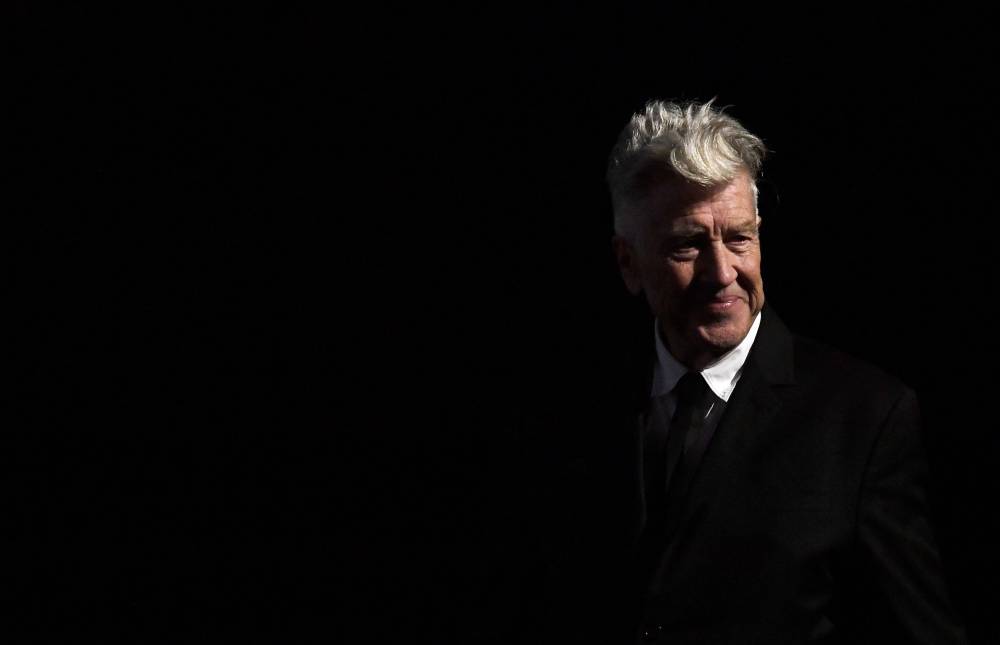‘Mulholland Drive’ and ‘Twin Peaks’ director David Lynch dies at 78

LOS ANGELES, CALIFORNIA—David Lynch—the singular and surreal director of “Mulholland Drive” and television’s “Twin Peaks,” who depicted the darkness lurking beneath the wholesome surface of American life—has died. He was 78 years old.
An enigmatic artist who turned his hand to arthouse and blockbuster film, television, painting and music, Lynch was considered one of US cinema’s great auteurs.
“It is with deep regret that we, his family, announce the passing of the man and the artist, David Lynch,” read a statement on his official Facebook page.
The cause and location of death were not specified. Lynch, who lived in Los Angeles, had suffered from emphysema after years of heavy smoking.
He emerged on the US indie scene with his creepy 1977 horror “Eraserhead,” and drew both acclaim and a cult following with sadomasochist mystery “Blue Velvet” (1986) and surreal thriller “Mulholland Drive” (2001).
But he may be best remembered for his mesmerizing 1990s series “Twin Peaks,” which paved the way for many a prestige television drama.
With four Oscar nominations, including a trio of best director nods, the filmmaker recognizable by his shock of white hair took home just one honorary statuette, in 2019.
Tributes from across Hollywood swiftly poured in.
Steven Spielberg called Lynch “a singular, visionary dreamer who directed films that felt handmade,” while Francis Ford Coppola said he was “astounded and heartbroken” by the “profound loss of the great David Lynch.”
‘Fearless’
Fellow director Ron Howard hailed “a gracious man and fearless artist” who “proved that radical experimentation could yield unforgettable cinema.”
Kyle MacLachlan, who starred in “Twin Peaks” and several Lynch films, called Lynch “an enigmatic and intuitive man with a creative ocean bursting forth inside of him.”
“I owe my entire career, and life really, to his vision,” he wrote on Instagram.
Born in small-town Montana in 1946, the son of an agricultural research scientist, Lynch traveled extensively around Middle America as a young man.
He attended fine arts colleges in Boston and Philadelphia before joining the American Film Institute, where he began work on “Eraserhead.”
That was followed by 1980’s “The Elephant Man,” also shot in black-and-white and deeply tragic, but decidedly more mainstream and accessible, earning his first best director Oscar nomination.
After winning the Palme d’Or at Cannes with “Wild at Heart” in 1990, Lynch turned to television with “Twin Peaks,” which captivated and shocked Americans from its 1990 launch.
“There’s a big hole in the world now that he’s no longer with us,” said his family’s statement.
“But, as he would say, ‘Keep your eye on the donut and not on the hole.'”
AFP is one of the world's three major news agencies, and the only European one. Its mission is to provide rapid, comprehensive, impartial and verified coverage of the news and issues that shape our daily lives.

















